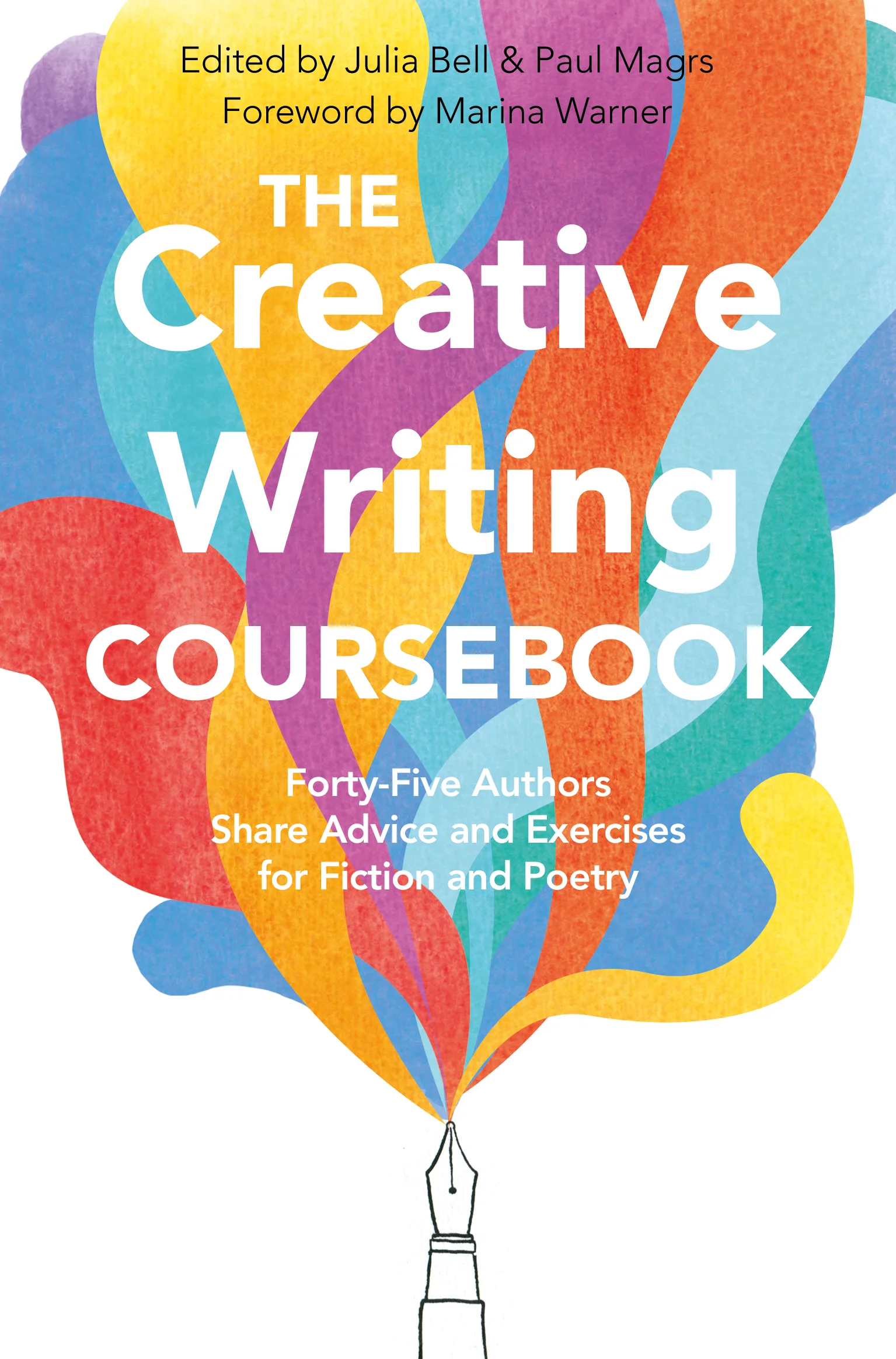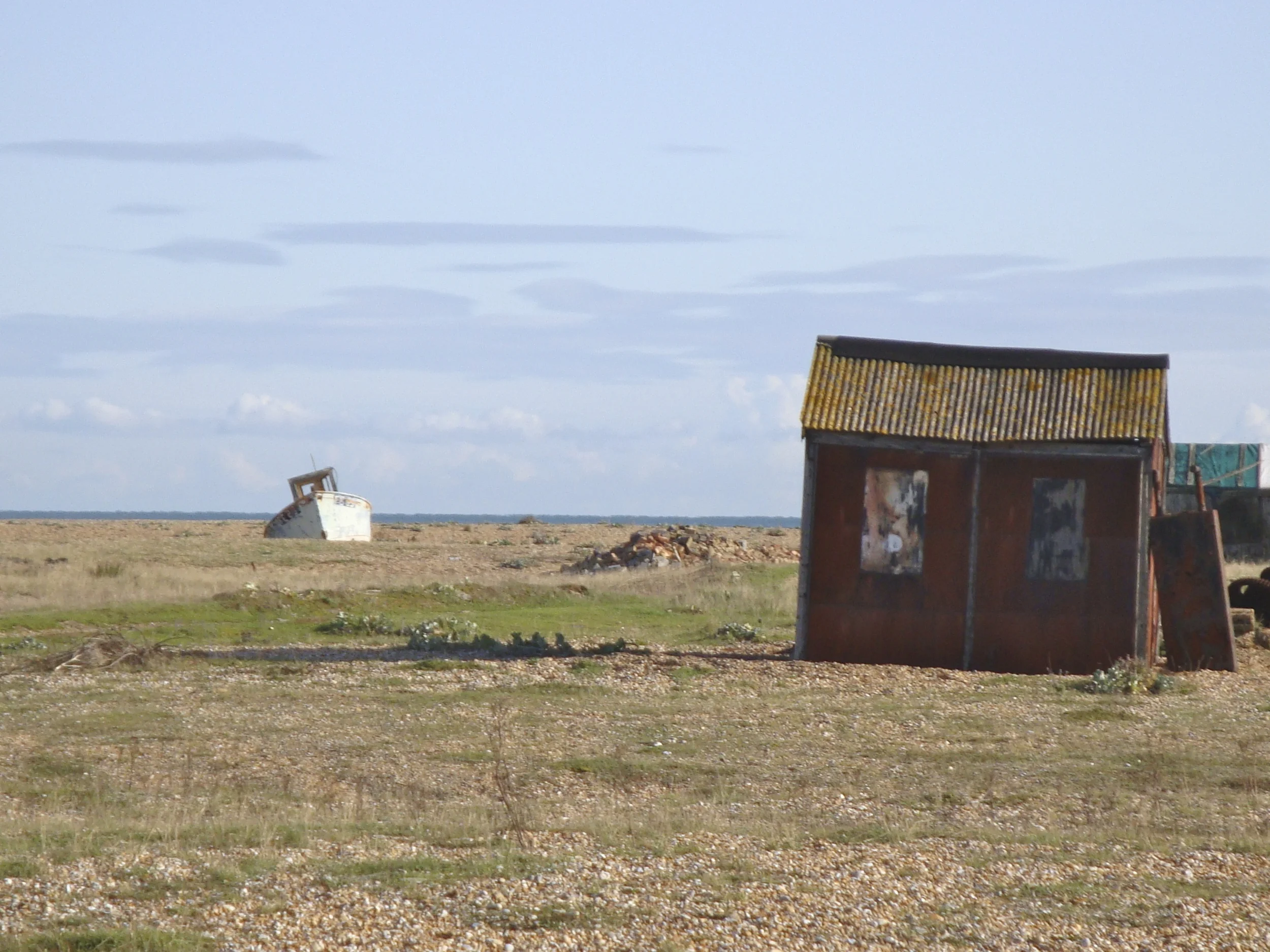The Coursebook
Maybe you don’t need The Creative Writing Coursebook. Maybe you can just get on with it. Writing, though, is a solitary business, and the voices in this book are intelligent, companionable and thoughtful. A good book to have around when loneliness — or writer’s block — strikes.
The Times
Hear me talking about this book over at the MIROnline podcast.
Clearing Your Throat
Julia Bell
From The Creative Writing Cousebook Ed. Julia Bell and Paul Magrs
Good writing depends on practice, like sports, the more limbered up you are the better you perform. But how do you pass through that first, often terrifying, encounter with the blank page and find a voice that will carry your thoughts and feelings with eloquence and flair? You have lots of ideas, but little confidence in your ability to express them.What if it comes out wrong? What if it makes you look childish or naive? What if you can’t do it? The blank page seems to taunt you with your own under confidence; it points to all the great works that have gone before and says - you can’t do that, or, what’s the point? It’sall been said already. The reams of sentences, the characters, and the ideas that drove you to the page in the first place wither into nothing. Suddenly the whole project becomes impossible and your desire to write remains just that.
This will be hard: a first-time encounter with your own work is not dissimilar to watching yourself on TV or hearing your recorded voice for the first time – do I really sound like that? Oh no, I never knew I looked like that. You might well be embarrassed or disappointed. Don’t stop. This is a rite of passage. Good radio presenters listen to their own voices over and over so they can control and improve their pitch and delivery. In the same way, good writers will read through their own writing looking for sentences that can be improved, pushed further,expanded, cut. It is only when you have developed a sense of your own fictional voice that you will really have the confidence to jump in and write a story. However, paradoxically, it is only through writing that you will develop a sense of what your voice really is.
The only way to overcome this problem is to write. Get some material down on paper, however rough and ready. Start off with notes, fragments, half sentences, until the stuttering stops and you find yourself writing whole sentences, paragraphs, pages. Often the first hurdle is the writer’s own self-consciousness about the act of writing itself. And that hurdle might well take a few pages to clear, like an old car with a dirty petrol tank, the first few miles will be a juddering, stop-start journey. Be prepared for this. You are engaging with something unfamiliar to you, don’t expect to produce a masterpiece in your first attempt. Start off with what you had for tea, the last phone call you made, the colour of your lover’s eyes, your favourite CD. Give yourself a subject and write about it without stopping or correcting yourself for five minutes. Just generate some pages, a bodyof work.
Then read it back to yourself.
Your fictional voice is not a million miles away from how you speak. A good storytelling voice is a more honed and structured version of speech, and it is as individual to you as your fingerprints. Look at the books you read. What kinds of voices are clamouring for your attention on your bookshelf? You are likely to find lots of disparate voices talking, all with different, accents, references, cadences, obsessions.
Voice in fiction or poetry can be interpreted as perspective or personality. It is different from style which is something that you can develop later to create effects. A poem I wrote when I was thirteen still sounds like me at twenty-nine. Perhaps it’s a sad reflection on my continuing juvenility, or, more seriously, it is the thread of me-ness that runs through my work, the personality that inhabits all the words I write.
“Try the following exercise either by yourself or in a group.
Write down five sounds that you can hear. Then list the things that you associate with those sounds. A car engine may remind you of being picked up after school, clanking crockery of that summer you worked at Pizza Pie, an aeroplane of your holiday to Ibiza.”
This exercise is especially effective in class because in the institutional hush of university buildings there are very few sounds to be heard: air con, buzzing strip lights, heels down the corridor outside, the droning of the lecturer next door. Everyone in the group hears the same or similar things, but they all use different words to express what they have heard, and the sounds have very different associations for them. These associations are unique, born out of individual experience; no one else has these particular stories to tell with these words. These associations and words are, very embryonically, the writer’s voice.
If you have done this exercise on your own, look at the words you have chosen to describe the things you have heard and the associations you have made with those sounds. These are your stories, this is your language, this is the beginning of your fictional voice.
©JuliaBell
From The Creative Writing Coursebook Ed. Julia Bell and Paul Magrs



